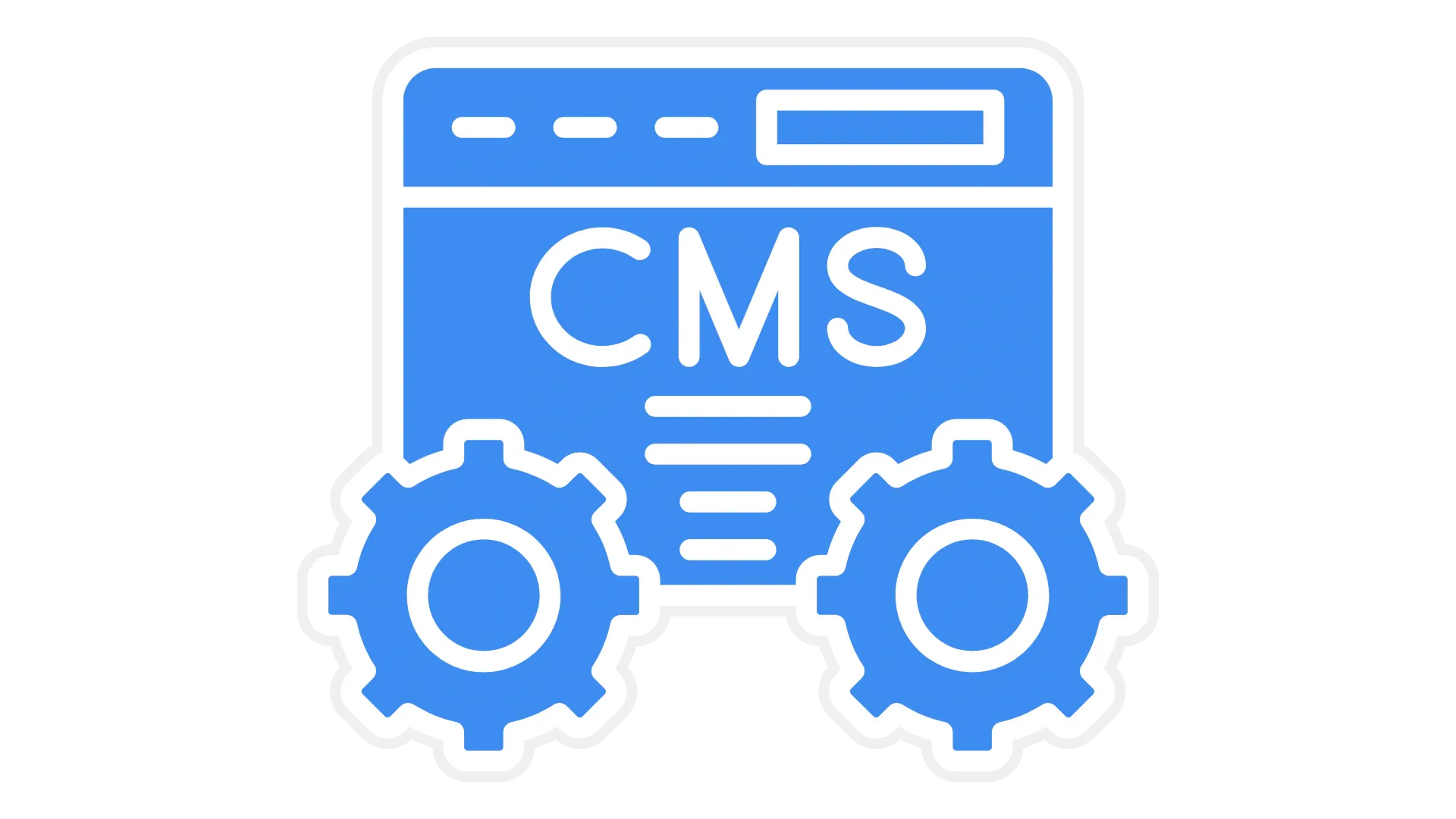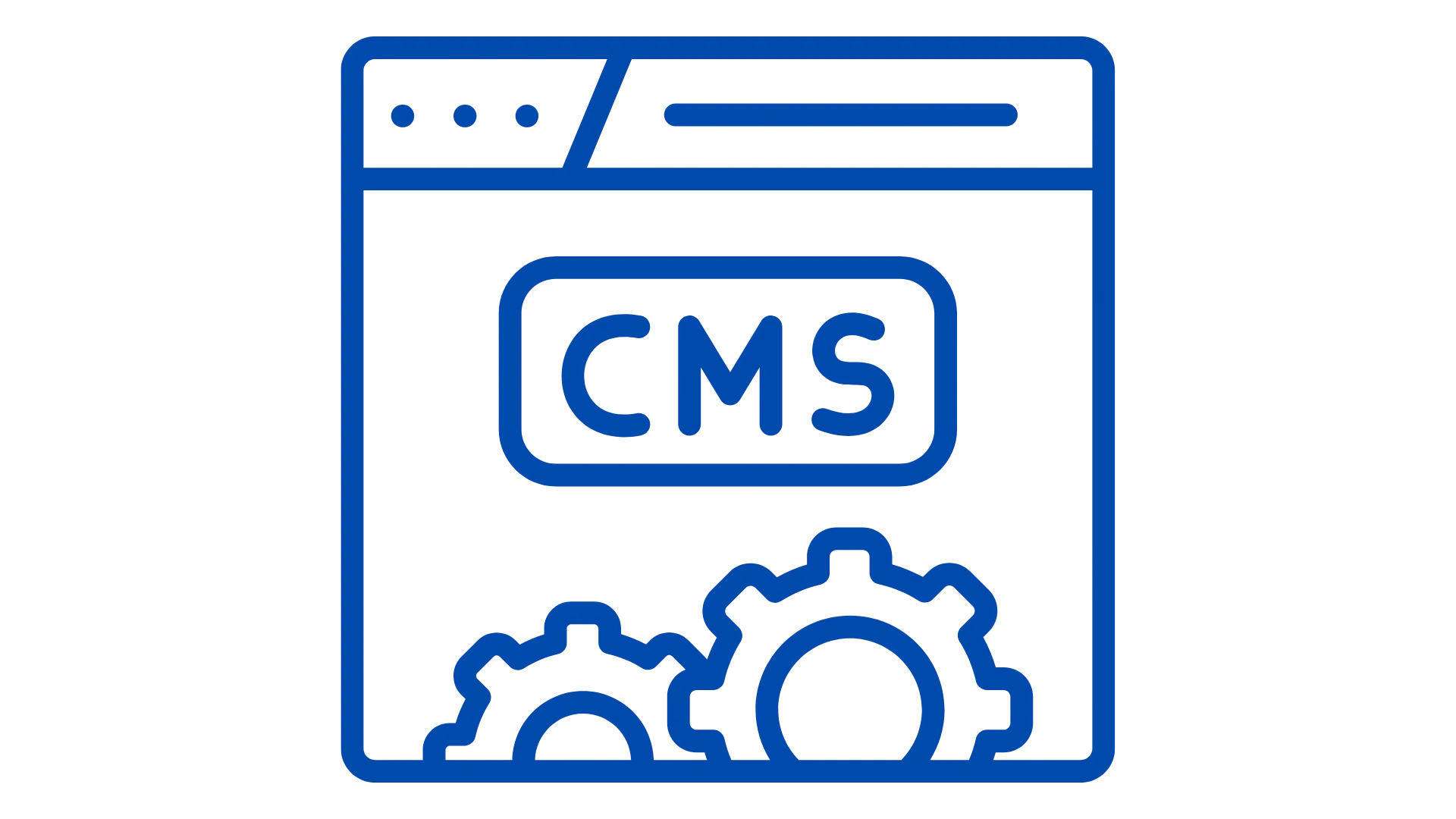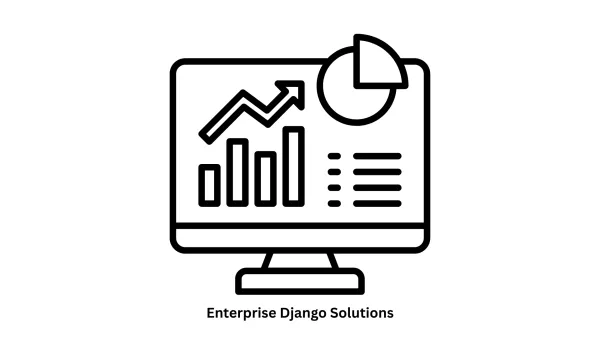Your Path to Drupal CMS Success: Finding Jobs, Freelancing, and Business Opportunities

Drupal, a powerful open-source content management system (CMS), is in high demand. If you're a skilled Drupal developer, the job market is ripe with possibilities. Whether you're seeking full-time employment, freelance gigs, or even launching your Drupal-focused business, this guide will show you how to navigate the landscape and find your perfect fit.
1. The Drupal Job Market:
- Demand: Drupal is widely used by enterprises, government organizations, universities, and a variety of businesses. This translates to a consistent need for talented developers.
- Skills: Beyond core Drupal expertise, knowledge of PHP, HTML, CSS, JavaScript, and related technologies is essential. Specialized skills in areas like Drupal Commerce or multilingual site development can make you stand out.
- Salary Potential: Drupal developers can command competitive salaries, often exceeding those of general web developers.
2. Where to Find Drupal Jobs:
- Job Boards:
- Drupal.org: The official Drupal community job board is a prime resource.
- General Job Sites: Indeed, LinkedIn, Glassdoor, and Monster often list Drupal positions.
- Niche Boards: Check sites like Authentic Jobs or web development-specific job boards.
- Drupal Agencies: Many digital agencies specialize in Drupal development. Look into their career pages.
- Networking: Attend Drupal events (camps, meetups), join online Drupal communities, and leverage your professional network for leads.
3. Freelancing with Drupal:
- Platforms: Upwork, Freelancer, and Guru are good starting points. Consider joining a platform like Toptal that caters to vetted freelancers.
- Building Your Brand: Create a strong online portfolio showcasing your best Drupal projects. Share your expertise on your personal website or blog.
- Client Acquisition: Network actively within the Drupal community and leverage social media to connect with potential clients.
4. Starting Your Drupal Business:
- Niche Down: Identify a specific area of focus (e.g., e-commerce, non-profits, education) to differentiate yourself.
- Build a Team: If you plan to scale, consider partnering with other Drupal developers or designers.
- Marketing: Invest in your online presence, showcase client success stories, and offer valuable Drupal resources to attract clients.
5. Tips for Success:
- Portfolio is Key: Showcase your best Drupal projects clearly and concisely. Include case studies highlighting the challenges and solutions you provided.
- Contribute: Get involved in the Drupal community. Contribute to modules, answer questions in forums, and attend events. This builds credibility and expands your network.
- Stay Updated: Drupal is constantly evolving. Keep your skills sharp by learning new modules, staying abreast of best practices, and exploring the latest versions.
Conclusion:
Finding your place in the Drupal CMS development world is achievable with the right strategy. Whether you're looking for a job, freelancing gigs, or building a business, the opportunities are abundant. Invest in your skills, build a strong portfolio, and network actively within the vibrant Drupal community to unlock your full potential.
To learn more, consider reading other articles, blogs, and stories in this area.











